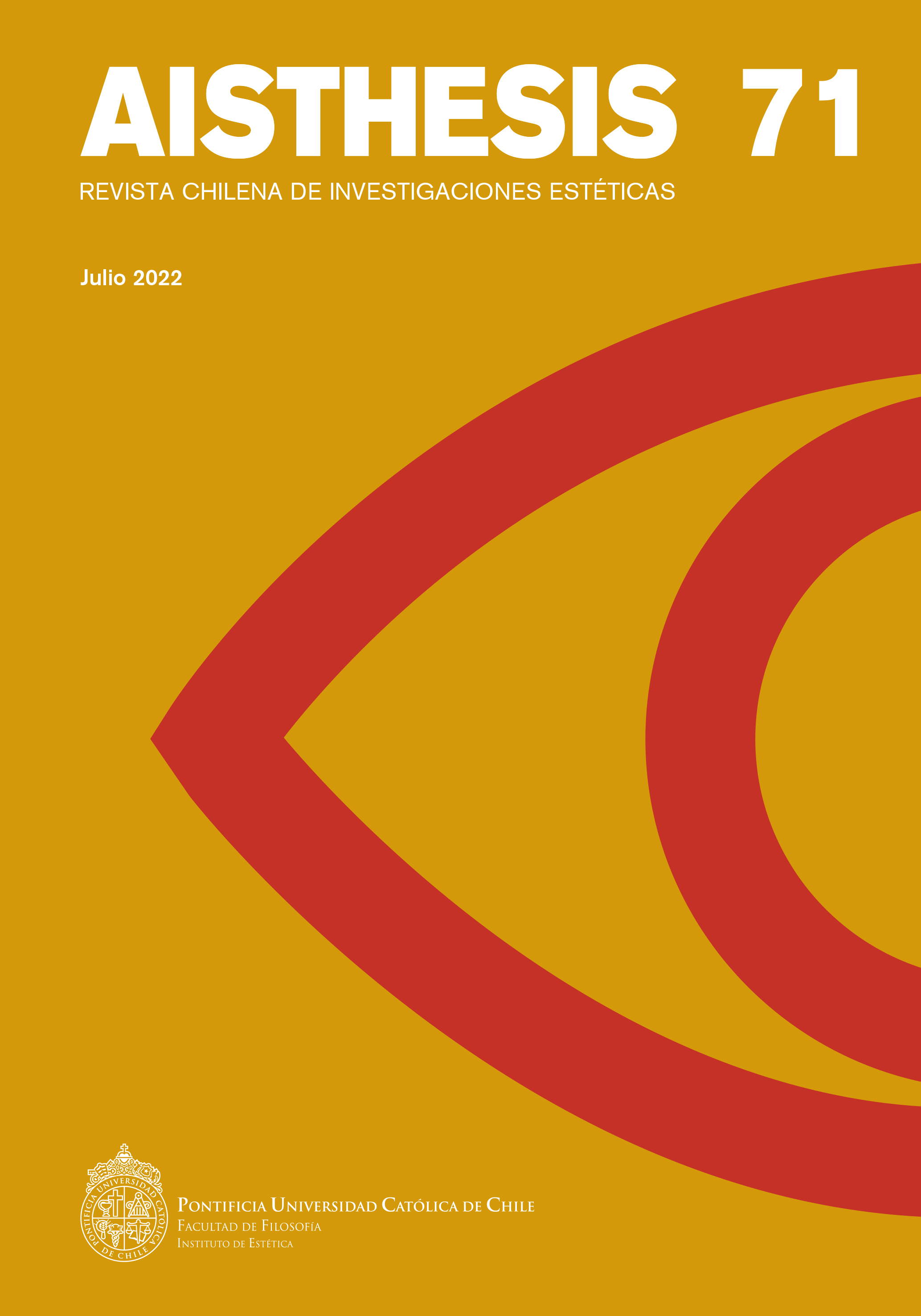El Carnicero del Rey O el real método para el cultivo de la vida
Contenido principal del artículo
Resumen
Este ensayo sugiere una lectura alternativa del relato del “Cocinero Ding” en el Zhuangzi. Se arguye que esta famosa historia puede ser leída como una crítica del ritual y la política en la China antigua, así como del violento régimen de domesticación que ellas representaron. El relato invierte satíricamente la invisibilización ritual de la matanza de humanos y bestias, y parodia así el sadismo del “real método para el cultivo de la vida” al hacer que un carnicero realice la matanza ritual frente al gobernante y no a sus espaldas. El ensayo combina aproximaciones literarias, filosóficas y sinológicas en un esfuerzo por balancear la rigurosidad histórica con la relevancia filosófica.
Descargas
Detalles del artículo

Esta obra está bajo una licencia internacional Creative Commons Atribución-NoComercial-CompartirIgual 4.0.
Todos los contenidos de esta edición electrónica se distribuyen bajo licencia Creative Commons de “Atribución-Copartirigual 4.0 Internacional” (CC-BY-SA). Cualquier reproducción total o parcial del material deberá citar su procedencia.
Los derechos de los trabajos académicos publicados en AISTHESIS: Revista Chilena de Investigaciones Estéticas pertenecen a sus autores, quienes otorgan a la Revista la licencia para su uso. La gestión de los permisos y la autorización de publicación de las imágenes (o de cualquier material) que contenga derechos de autor y sus consecuentes derechos de reproducción en esta publicación es de exclusiva responsabilidad de los autores de los artículos.
Citas
Chinese Text Project. https://ctext.org. Accedido el 12 de Julio de 2018.
Graham, A. C. Chuang-Tzu. The Inner Chapters. Indianápolis, Hackett, 2001.
Graziani, Romain. “When Princes Awake in Kitchens: Zhuangzi’s Rewriting of a Culinary Myth”. Of Tripod and Palate: Of Food, Politics, and Religion in Early China. Ed. Roel Sterckx. Londres, Palgrave Macmillan, 2005, pp. 62-74.
Lau, D. C. Mencius. Londres, Penguin, 1970.
Morreall, John. “Philosophy of Humor”. The Stanford Encyclopedia of Philosophy (Spring 2013 edition). Ed. Edward N. Zalta. http://plato.stanford.edu./archives/spr2013/entries/humor/.
Sterckx, Roel. “Food and Philosophy in Early China”. Of Tripod and Palate: Of Food, Politics, and Religion in Early China. Ed. Roel Sterckx. Londres, Palgrave Mac-millan, 2005, pp. 34-61.
Ziporyn, Brook. Zhuangzi. The Essential Writings. With Selections from Traditional Commentaries. Indianápolis, Hackett, 2009.
